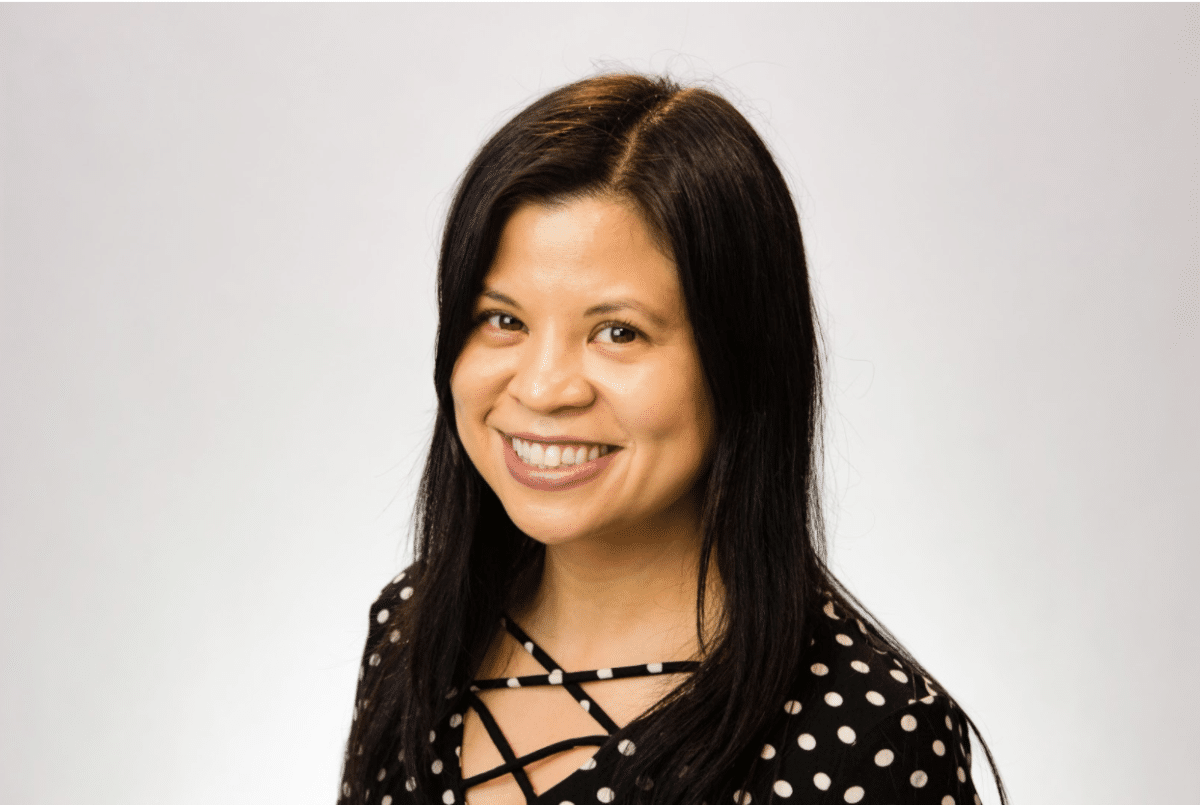Diana serves as Assistant General Counsel for Sumo Logic (a B2B log and security analytics SaaS) covering Intellectual Property, Product (for all Dev and Product matters excluding HR), Privacy (for customers and the larger vendor/partner ecosystem), Security (for incidents, business continuity, certifications, and general hygiene), Business Development, and deal escalations.
Prior to Sumo Logic, she worked at Box (a B2B and B2C content collaboration SaaS) initially as Commercial Counsel then Product + Privacy Counsel and Public Policy Counsel, YuMe (a B2B video ad tech company) as Product + Privacy Counsel and Commercial Counsel, and Adobe (supporting both their Digital Media and Digital Marketing business units) for commercial deals.
Evenings and weekends for Diana include hiking, practicing mindfulness, indulging in Scotch, and watching animation or whimsical movies. She subscribes to this philosophy posited by Maya Angelou: “My mission in life is not merely to survive, but to thrive; and to do so with some passion, some compassion, some humor, and some style.”
How did you find yourself in your role today? What attracted you to going in-house vs. biglaw or judicial clerkships?
I enjoy intersections — the convergence of different disciplines and sets of thinking. My liberal arts educational foundation set the stage for participating in working sessions and conferences tangential to what I do, ultimately serving as inhouse counsel and engaging as a hub across all teams. I thrive being embedded in tech (Dev in particular), helping close deals, brainstorming/whiteboarding, culling potential ways to help colleagues achieve their goals and in a sustainable fashion, and cross-collaborating.
If I had pursued private practice, I wouldn’t have had the opportunity to team up directly with my business partners. Instead, I’d have clients, other lawyers, i.e., not Dev, Product, Marketing Ops, Sales, Security, etc. I wouldn’t be participating in conversations oriented toward moving the needle (such as implementation, adoption and success criteria from a business perspective) and tying ideas and people together in a manner that extends beyond substantive knowledge and into institutional and business insights.
How was the transition from a late stage to an early stage tech company? Any tips for anyone considering the jump?
Each tech company I join is smaller than the last one, though always global. When folks consider joining an earlier stage company (Series B, pre-IPO, or newly public), ask if you identify as a builder, because you’ll need to be building from scrap and not relying on established processes. If you enjoy approaching situations, deals and people with curiosity and a willingness to learn how to solve for immediate as well as long-term solutions, you’ll likely derive material meaning from joining an early stage tech company. If you enjoy going deep in one niche and refining for nuance, you’ll likely find purpose at a late stage company.
Independent of the stage and size of the company, you’ll need to understand its values and practices. A small company can be just as (if not more) political and matrixed than a large company; thoughtfulness and ability to execute do not necessarily directly correlate with stage and size. So, just as with engaging with people, stay open to the data presented by the company and test for how their actions map to their words. Then pair this data with self-awareness on situations where you thrive and which mindsets and practices invigorate you.
Your company is in the business of data. What KPIs or data do you track for Legal?
I wish I could point to a finite set of key metrics that identify the health of Legal and its contributions. Our value derives from how well we support, enhance and accelerate business metrics and readily equip the right colleagues with the right set of information at the right time, whether making timely decisions or providing adequate guidance and guardrails so that business partners can make timely, informed decisions.
While SLAs for response times are measured, that’s more an indication of “I hear you” — and step one to trust with an acknowledgement — but not so much a proxy for the timeliness nor quality of results. From a CMS perspective, we’re fortunate that Ironclad permits us (and our business partners) to obtain valuable metadata for informed decision making, which can then be layered on business objectives.
Can you share with us some of the problems you’re trying to solve in your legal department or business process?
At the core, my charge is to equip business partners with the right set of actionable guidance at the right time so that they can be empowered to make informed choices. This can manifest as Google Docs with a checklist that folds into an existing workflow, whiteboarding and then translating into a Jira epic that ends up as a Wiki as a template for similar scenarios.
Along the way, it might integrate questions and paths forward within an Ironclad workflow, providing enablement through micro-training of short videos for the GTM field, creating templatized talking points for the GTM motion, from product marketing collateral to RFP responses to deal fallbacks. The end goal is to ensure that the information provided is digestible, accurate and adopted, with business partners knowing what to do when and why, and when and how to brainstorm or escalate.
How do you collaborate cross-functionally?
Make it easy for folks to know when to think of you, how to engage, and why. As an ongoing practice, for both myself and those I partner with, I ask, “When should I think of you?” following the framework of identifying three to five statements, such as: “Please think of me when <insert use case> so that I can <insert action/request> because <insert “the why,” which ties back to helping person or business> by <insert how>.”
More than five “Please think of me” statements will likely be forgotten; fewer than five should cover 80-90% of use cases. I then contrast the statement with a quick, “Here’s what’s out of scope: <insert common myths and misconceptions> and here’s who to go to for those items <insert person, team or resource>.”
For example, I share that I’m the go-to legal person for Engineering and Product for everything from design to dev to end-of-life, so that I can help integrate privacy and contractual considerations in an agile fashion, rather than as an afterthought. This will enable us to map to our obligations (certifications/contracts/values/legal requirements) — except for HR matters, where they should think of their HR business partner or our employment lawyer. I also maintain a Google Doc on when and how to engage with me (akin to a Wiki as a 101) that I link to in Pingboard (our equivalent of Workday) and in my Slack status.
Do you have a mentor? What advice do you have as a mentee?
Olenka Steciw Villarreal is a dear friend and life mentor. When the world’s daily news yields another crestfallen day, Olenka represents all that is good, blending heart and action. She launched the Magical Bridge Foundation, forged around the tenets that kindness is magical, play and movement are vital, and playgrounds can be inclusive of abilities and age. This helped her discover and engage in intentional design to build structures that are safe and readily accessible for all people, including those with sensory impairments, cognitive and developmental disabilities, visual and auditory impairments, mobility and physical impairments, compromised immune systems, and fragility in general. Olenka reminds me to be kind, curious, determined and innovative in all I do.
My advice? Pay attention and be open to learning and growing, as the mentor you need may not be who you expect but rather someone whom you trust and inspires you to take action to be a better you.
What are two things people don’t know about you? Fun facts or secret talents?
One of my outlets for creativity and play is taking improv classes through BATS Theater, founded on maxims that extend beyond improv and reflect a way of life and mindset of openness, kindness, curiosity, courage and action).
One of my bucket list goals is to be a voice actor in a Pixar animation.
Want more to see more content like this?
Join the Ironclad community here. By joining, you will:
- Get exclusive invites to community events
- Receive monthly community newsletter to learn about advice on upleveling your career, in-house job opportunities and more
- Connect with in-house legal peers
Ironclad is not a law firm, and this post does not constitute or contain legal advice. To evaluate the accuracy, sufficiency, or reliability of the ideas and guidance reflected here, or the applicability of these materials to your business, you should consult with a licensed attorney. Use of and access to any of the resources contained within Ironclad’s site do not create an attorney-client relationship between the user and Ironclad.




